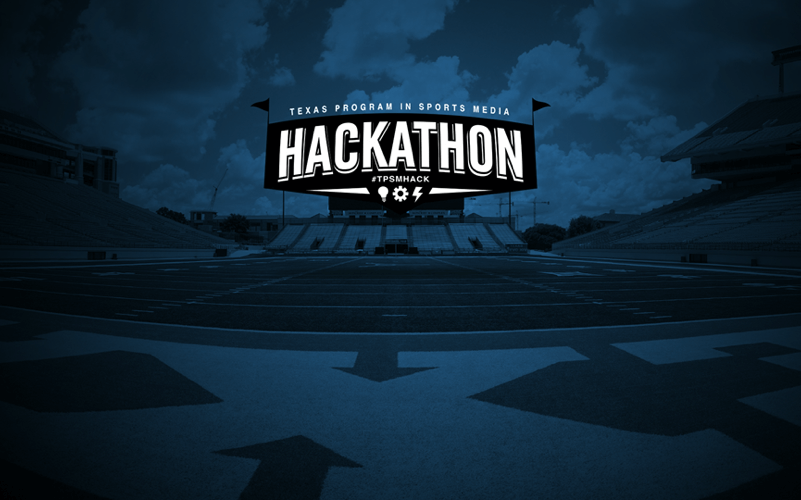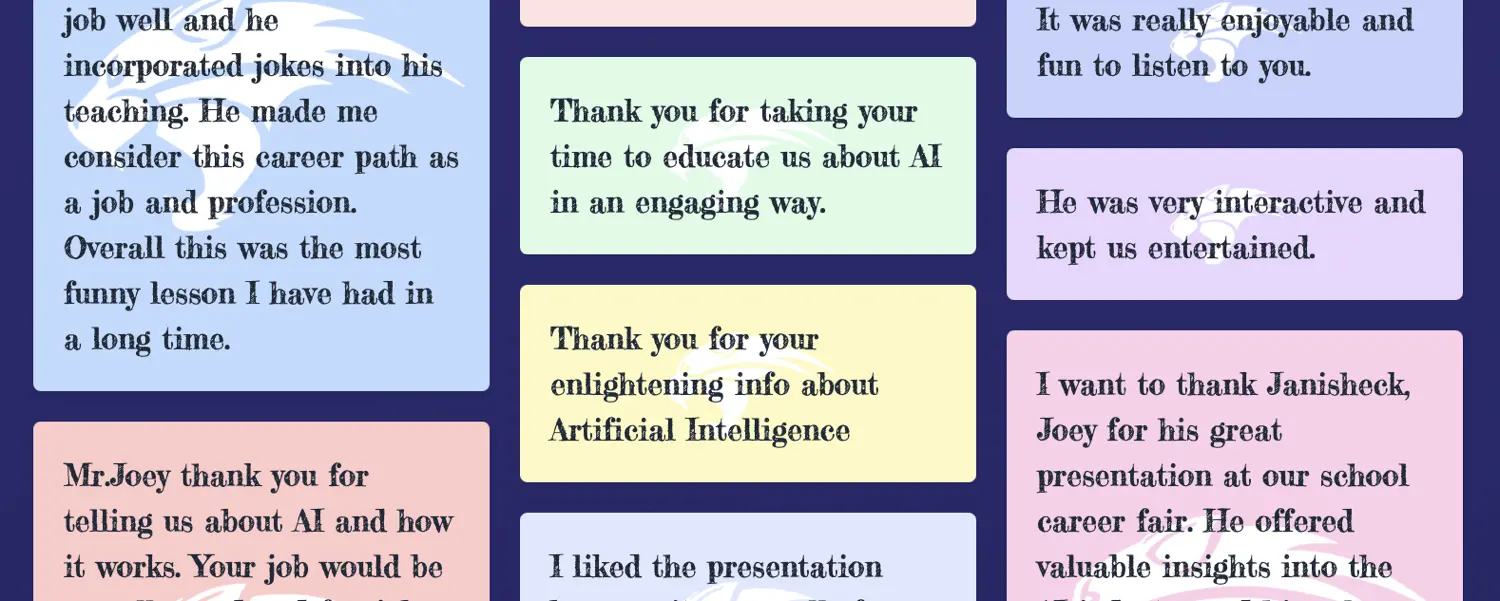3 Tips for Sports Hackathon

3 Tips for Sports Hackathon
AUGUST 10, 2019
Things I Learned Working with Young Brilliant UT Students
Several months ago I was invited to be a Mentor at UT Austin’s sports hackathon (official name is The Texas Program in Sports and Media Hackathon). As a technologist, I’m familiar with hackathons where a group of different skilled developers and artists get together to cobble a solution to a specific problem in a relatively short but focused amount of time. Typically pizza, cool adult beverages, sleep deprivation and lots of yelling ensue.
This “sports hackathon” was very different than I expected and much more professional and structured in every good way. It was a competition and there was going to be a winner. Not a subjective show and tell, we were here to ball.
It took place on the campus of the University of Texas at the Belo Center for New Media (a beautiful facility). An auditorium worth of students participated and was divided into groups with the goal of developing the best business plan/product or solution to address how millennials interact with sports. Definitely, a broad problem as cord-cutters and over-the-top offerings combined with the slow pace of live events have the sports executives scrambling. These students were the exact demographic for this industry that needs some fresh ideas.
The structure was straight forward. Divide into your groups. Have a mentor tag along to help. And in the next 6 hours, put together a pitch and demonstration for the judges. It was more like a compressed Moot Corp than some nerds trying to build an app over pepperoni pizza.
Long story short, it was a blast. The students are smart and hungry to make a dent in the universe. Their ideas are exciting and presented in a passionate way. However, as a mentor, I learned several things I will do differently next time. Here are my top three:
1) Assist with job roles immediately
After getting acclimated to the team, I provided some input that might have been counterproductive to what we should have been doing. I steered our group to have equal footing and “screen time” when doing the final presentation. Instead of taking advantage of each person’s real strengths and letting them contribute that way (public speaking, graphics, copywriting, finance/tech/business input), I unknowingly suppressed them to make sure that each person got to say something on the big stage. Basically, I provided direction to guarantee a “participation trophy” instead of the “win”. We should have been playing to crush the competition with excellence in execution from the beginning. In short, figure out who is good at what and let them thrive. The clock is ticking.
2) Practice the pitch over and over and over
Time organization is important with the limited 5 hours we have to work through an idea, put together a product and communicate that product to judges in 6 minutes. Since there is so much riding on those 6 minutes, the communication has to be crisp, obvious and have clean visuals to support the talking points. There is a reason why Apple and Shark Tank have such presentation patter when a new product is shown. Be clear. Be competent. Be memorable. Spending the last hour just rehearsing and tweaking is time well spent.
3) Get to know your fellow mentors
The group of mentors should not be underestimated because of “jock” bias. I messed that up within the first 10 words out of my mouth while standing to introduce myself. I assumed that the term “hackathon” and the explosion of high tech in sports would let me have an advantage over ex-athletes. It turns out that several of these mentors not only bench 300lbs but went to Princeton, Stanford, and MIT and are impressive business executives. I brought a knife to a gun fight. This time around, I’m going to be Mr. Social and leave my assumptions in the car. Too many talented folks to get to know better.
With a combination of these things I’ve learned, your experience as a Mentor at the TPSM Hackathon should be a very rewarding time. A quality event that I look forward to attending again. Big thank you to Eric Sorensen, Loren Schwartz and Jeff Dobecka.
For more information:
Texas Program in Sports Media Hackathon
http://www.tpsmhackathon.com




